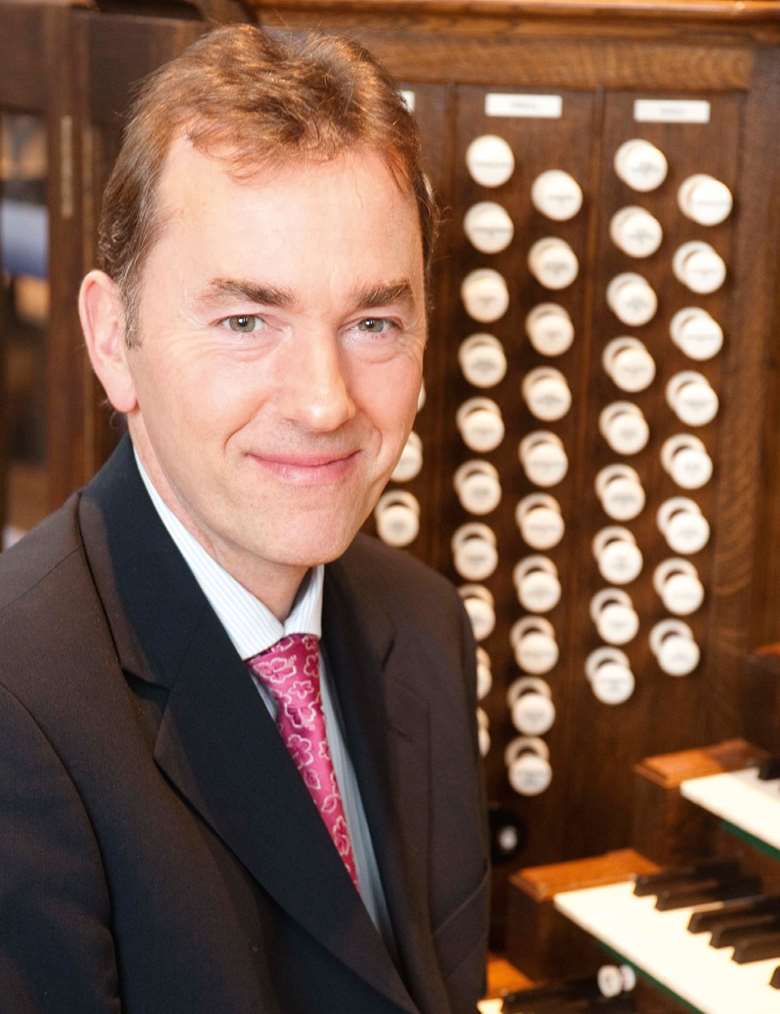Thomas Trotter: celebrating 40 years as Birmingham City Organist
Tuesday, September 19, 2023
The City Organist is uniquely placed to build a relationship with local audiences and introduce them to a vast range of music through original works and transcriptions. Thomas Trotter champions the role and argues that it’s worth maintaining

Credit: Adrian Burrows
Register now to continue reading
This article is from Choir & Organ. Don’t miss out on our dedicated coverage of the choir and organ worlds. Register today to enjoy the following benefits:
- Free access to 3 subscriber-only articles per month
- Newly-commissioned sheet music to download from our New Music series
- Unlimited access to Choir & Organ's news pages
- Monthly newsletter






